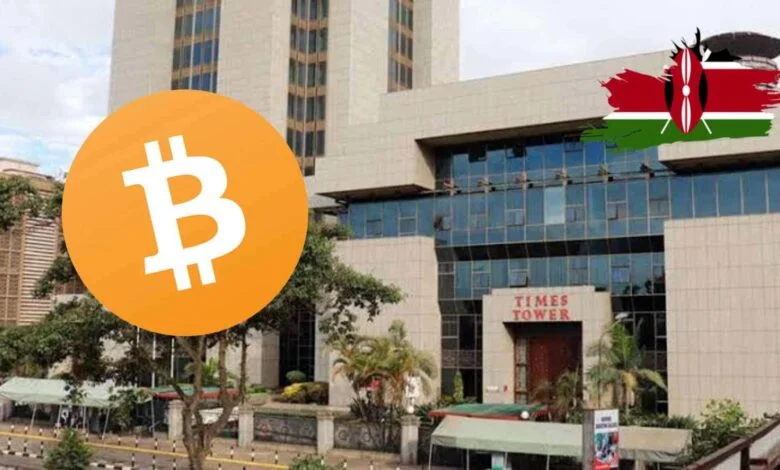In a significant step towards regulating the burgeoning cryptocurrency market, the Treasury in Kenya has proposed a draft policy aimed at introducing comprehensive oversight for digital assets through the introduction of a crypto bill.
The government anticipates budgeting approximately KSh 1.82 billion for implementing the policy, which seeks to mitigate the risks of money laundering and tax evasion associated with the cryptocurrency market.
The proposed budget includes KSh 1 billion earmarked for developing a legal framework, KSh 400 million to promote financial innovation and literacy in the virtual asset sphere, and KSh 120 million for consumer protection mechanisms.
Additionally, KSh 300 million is allocated to address existing risks such as cybersecurity and data privacy concerns within the Kenyan crypto market. “The policy takes account of regulatory approaches from various jurisdictions and provides a framework that is adaptive and flexible for domestic and international cooperation, compliance, consumer protection, financial innovations, and management of risks,” stated Treasury Cabinet Secretary John Mbadi.
Related Articles
The need for regulation has become increasingly pressing, as data from Statista reveals that over 700,000 Kenyans are currently engaged in cryptocurrency trading, with the market’s value expected to reach US$40 million this year.
Historically, Kenya’s crypto market has struggled with regulatory oversight, largely due to skepticism from institutions such as the Central Bank of Kenya (CBK) and the Capital Markets Authority (CMA). The CBK notably issued warnings against cryptocurrency trading as early as 2015, and in 2020, regulators intensified their caution following a wave of crypto scams.
Despite this climate of mistrust, the crypto market in Kenya has continued to thrive, buoyed by global acceptance and rising asset prices. In a shift towards regulation, the CMA proposed amendments in 2023 to classify “digital currencies” as securities, which would facilitate taxation by the Kenya Revenue Authority (KRA). This year, the KRA reported collecting KSh 10 billion from crypto dealers, largely due to a 3% tax imposed on the transfer and exchange of digital assets.
The push for regulatory measures has been spearheaded by the Blockchain Association of Kenya (BAK), in collaboration with various stakeholders to introduce the Virtual Assets Service Provider (VASP) Bill in March 2024. This bill aims to establish a dedicated office responsible for overseeing Kenya’s crypto market. Kenya Crypto Bill
“The cross-border nature of Virtual Assets and Virtual Assets Service Providers further compounds the risk, as noted in the VAs/VASPs ML/TF National Risk Assessment Report for Kenya, which was finalized in September 2023,” emphasized CS Mbadi. “These risks underscore the urgent need for a comprehensive legal and regulatory framework to govern VAs and VASPs to ensure the safety and integrity of Kenya’s financial system.”

 Telegram Communities Fueling 189% Crypto Growth in Africa
Telegram Communities Fueling 189% Crypto Growth in Africa  Nigeria Eases Charges Against Binance Cryptocurrency Executive
Nigeria Eases Charges Against Binance Cryptocurrency Executive  KRA to Monitor Crypto Transactions with a New Tax System
KRA to Monitor Crypto Transactions with a New Tax System  Steps to Evaluate Local Crypto Sector And Introduce a Regulatory Framework, All Set in Zimbabwe!
Steps to Evaluate Local Crypto Sector And Introduce a Regulatory Framework, All Set in Zimbabwe!